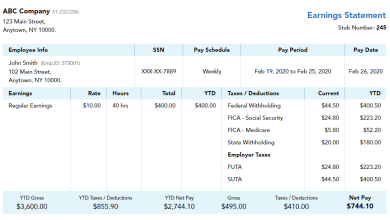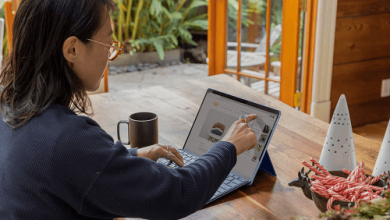A Placement Year: Interning Abroad While Studying
A placement year is part of an undergraduate or graduate program and includes full-time work in the major during a period.
Placement year” is listed in the program description and means that it’s a required part of the educational program. It earns a student academic credit and is required to graduate from the program.
Despite the name, placement year does not always take a full year. The actual duration of such a program ranges from a few months to a year.
During this period, the student does not study at the university and is engaged only in work but does not lose his student status and visa.
The placement year can occur in the same country where the student studies or abroad. In addition, in many higher education institutions, the placement year falls under the program for employment and for opening your own business.
What does the placement year offer a student?
Programs that include a placement year give students several unique opportunities, including:
Gaining real work experience.
A placement year is the only way to gain lasting, meaningful work experience while still a student. It’s a great addition to your theoretical knowledge and your resume!
Professional Training
You can gain experience in your chosen field, get a glimpse of the working environment, get a final sense of whether you like the profession, and if necessary, adjust your study plan further.
Helpful connections and networking
Placement years are an excellent opportunity to network and find your place in your chosen field. For many graduates, the companies they interned with become their first full-time jobs during their studies.
Earning Opportunity
Universities point out that the primary purpose of the placement year is not to earn money but rather to gain valuable experience and practical knowledge. Nonetheless, the program almost always offers paid work and a good income for the student. Volunteer work and volunteer work for charitable organizations may be an exception.
Independence
Often for students, a full-time placement year becomes their first experience of independent adulthood as a worker, not as a student. And many point out that such an experience was good for them.
What are the disadvantages of the placement year?
Despite all of the advantages of a placement year, there are some disadvantages to these programs, such as:
Placement year creates extra hassle and worry.
You have to apply, choose an internship, sometimes get selected for a position, organize your work, and get used to the new lifestyle and rhythm of life.
You may not like the company or the position.
Unfortunately, it happens. To avoid a slip-up, it is worth learning as much as possible in advance about the future employer and the job on offer.
You will graduate one year late.
The placement year extends the total study period, which is important to consider when choosing such a program. After the internship, you will be placed in a different class, and you will not end up with the same classmates you had during your first year.
You may have to move to another city or town.
Sometimes students take placement years in other cities or even countries. If this happens, you may have to move and look for a new place to live while you work.
The placement year does not cancel out your university tuition.
But do not be discouraged! You do not have to pay tuition as such during the placement year. You do, however, retain your student status during the placement year, so you will have to pay the student fee and other bills as required by your university.
What is the difference between a placement year and an internship?
The placement year is often confused with an internship, although they are similar only because both programs give students practical work experience.
There are many more differences between a placement year and an internship:
| A placement year | An internship |
| lasts up to 1 yearis a required part of the curriculumtakes place about halfway through your studiesusually paiddoes not include a learning componentgives full, real-world work experience | lasts, on average, from 4 weeks to 4 monthsis not a required part of the curriculumtakes place in the final year of study, outside of class time or in parallel with classesusually not paidincludes a learning componentgives opportunity to learn new things on the job |
How much can I earn during the placement year?
The ability to earn a salary during the placement year depends on the employer and the internship period.
Unpaid work may be offered at charitable or non-profit organizations or in the case of short-term internships (the minimum placement year period set by the university).
In most cases, the placement year is a paid job. For example, in England, students are accepted for positions with a salary of £ 11,000-25,000.
How to get to placement year?
First, you need to choose a study program with a placement year. You can find such programs right now on our website.
You must apply to your university for a placement year as a student.
Universities that offer placement year programs usually work with various employers to which students can apply. Specialists at the university will help you choose the most appropriate organization and job offerings for your field of study. You may also need to prepare a cover letter to advantage over other candidates. A paper writer can help you with this, or you can prepare it yourself. Sometimes students look for an internship year on their own. In that case, it is just like a regular job search. Students use university job databases and job search sites (and it is a precious experience!).
There is often competition for a placement year. Therefore, students submit their resumes and are interviewed, just like regular employment.
__________________________________________________________________
So, that was a brief overview of a year’s college work. For ourselves, we can add that it is an enriching experience not to be missed. Despite all the challenges you may encounter, there are lots of benefits. We wish you the best of luck in your studies and finding your first job. We hope everything works out for you.





